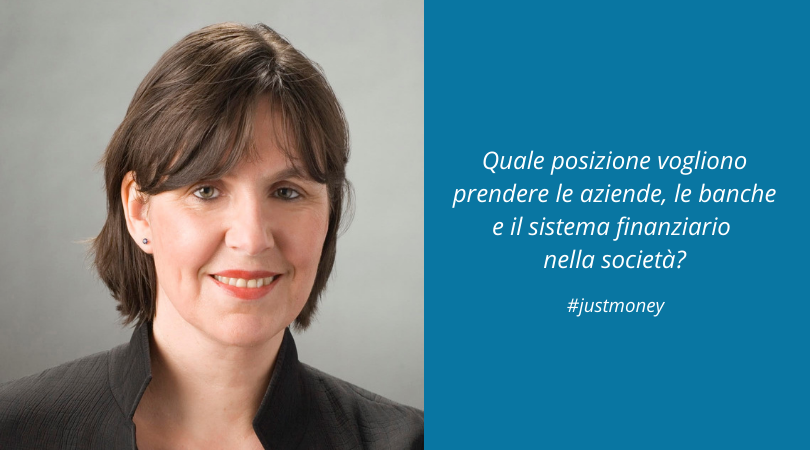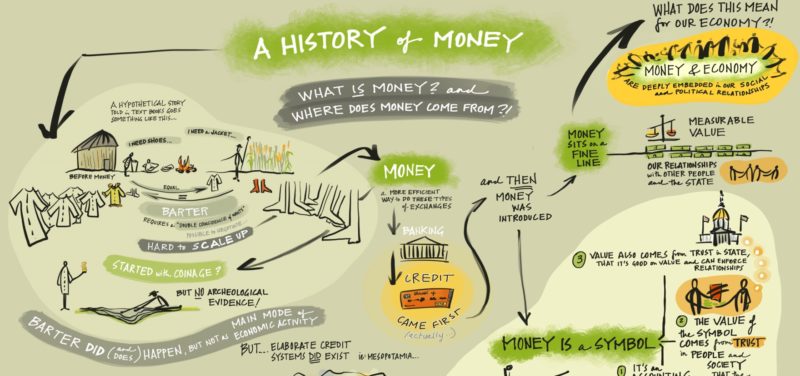What position do corporations, banks, and the financial system want to take in society? What do they want to do about social inequity and environmental problems? This question is posed by Katrin Kaufer, senior research fellow at MIT in Boston, who, anticipating her arrival in Italy, says: “it’s time to understand if banks and the financial system want to be part of the solution or wait to be hit by these problems. In fact, banks define our future because they decide which projects and initiatives to finance. So our well-being depends on how they determine to deal with the challenges that are coming. Because this is a risk factor for them as well and therefore it’s not about being good, it’s about facing reality, having the courage to recognize the needs of society and understanding that this is a great opportunity for innovation”.

For the president of the Presencing institute, Nike’s new ad campaign, which chose as its testimonial Colin Kaepernick, a former football quarterback who came under attack from Trump for protesting against racial injustice by kneeling during the U.S. national anthem before games, is an example of how business can choose to take a stand with respect to important societal issues
“We need to create a movement to bring people together who feel the desire to bring about change – she resumes – That’s why at MIT and the Presencing Institute we’re trying to develop an alternative model of thinking that shifts economies from an ego-system, focused only on the well-being of individuals, to an eco-system that, in addition to self-interest, which is important and must remain a driver, also takes a broader view that includes communities and considers the impact of actions on the planet”.
She brings up a quote from quantum physicist David Bohm as an example, “Thought creates our world, and then says ‘I didn’t do it”. So if the way we think creates our behavior, we can’t help but address this point. What do we think about the economy? What should a healthy society look like?

For Katrin Kaufer what people do with their money, for example, where they deposit it, how they invest it has an impact on society. Because banks define our future, but we are all small bankers and we are all responsible for the effects that our investments can bring. And that’s the bottom line: we need to be aware of what we’re doing with our money. And that goes for business as well.
“You have to ask yourself: what impact does this company want to have in the world? And then innovation can start from this perspective. Of course, operating according to the triple bottom line (profit-planet-person) does not bring you to the same levels as other business approaches. Because pursuing profit alone is one thing, but considering the impact of the company is much more complex. So, moving towards an eco-systemic approach means not maximizing as much as before in the short term, but achieving a more sustainable and robust profit in the long term, taking into account the society in which the company operates”.
For the Massachusetts Institute of Technology researcher, change is already underway, but for a real transformation to take place, especially in the banks, it will have to wait. In fact, she warns: “Our financial system is so driven by politics and power systems that it needs some kind of revolution and this can only happen through a new financial crisis. We saw this between 2008 and 2009, suddenly the issue became a central topic. But unfortunately, to start a serious discussion and for us to see a real opening towards new ideas, we will have to wait for the next financial crisis. So personally my goal in the meantime is to develop research projects, models and best practices, which give a different vision of how to rethink the whole system. That’s why in the meantime it’s important to continue the debate and confrontation”.
